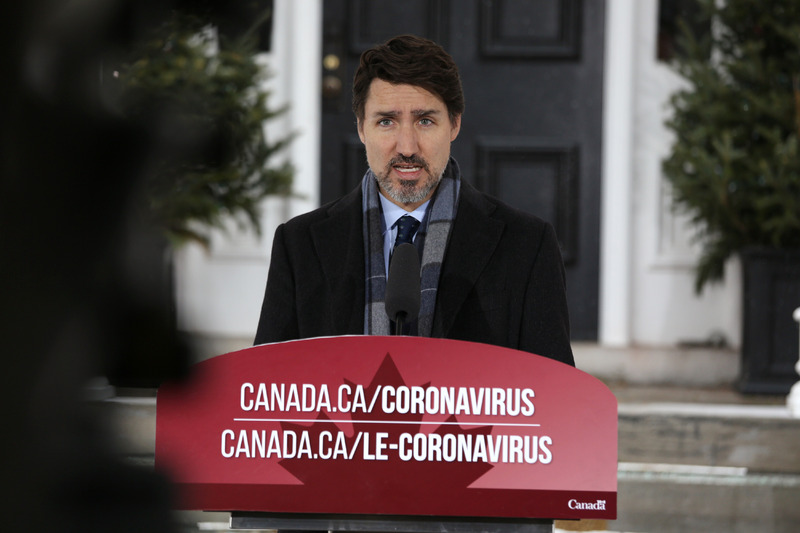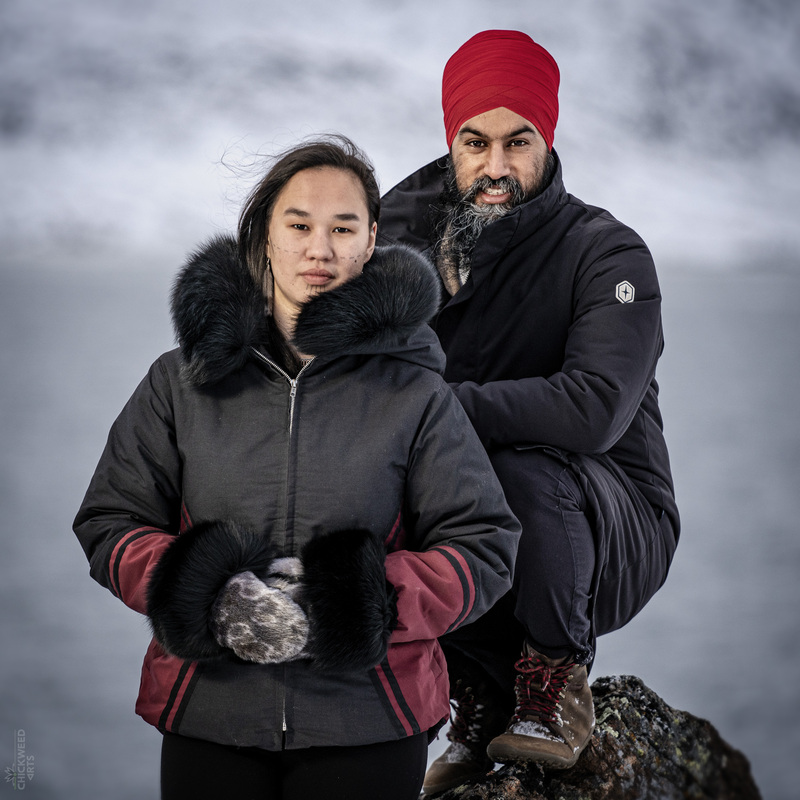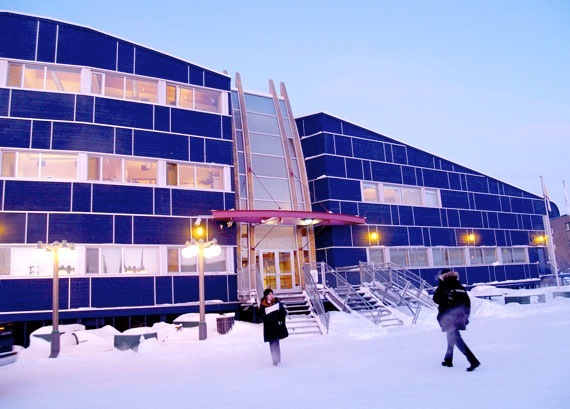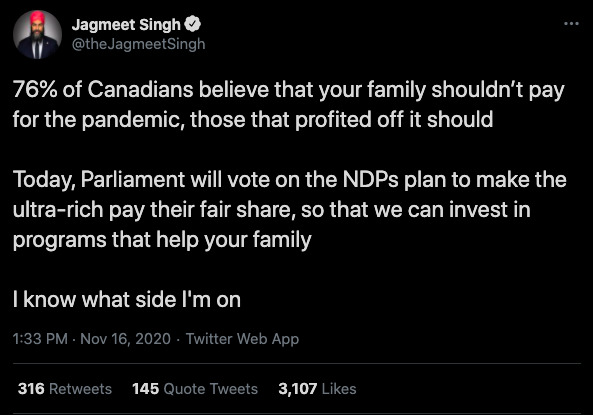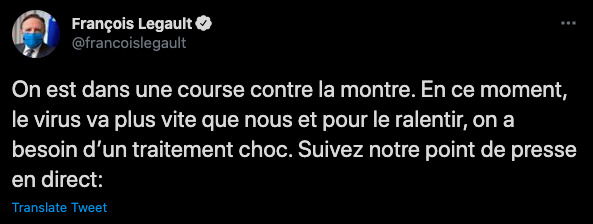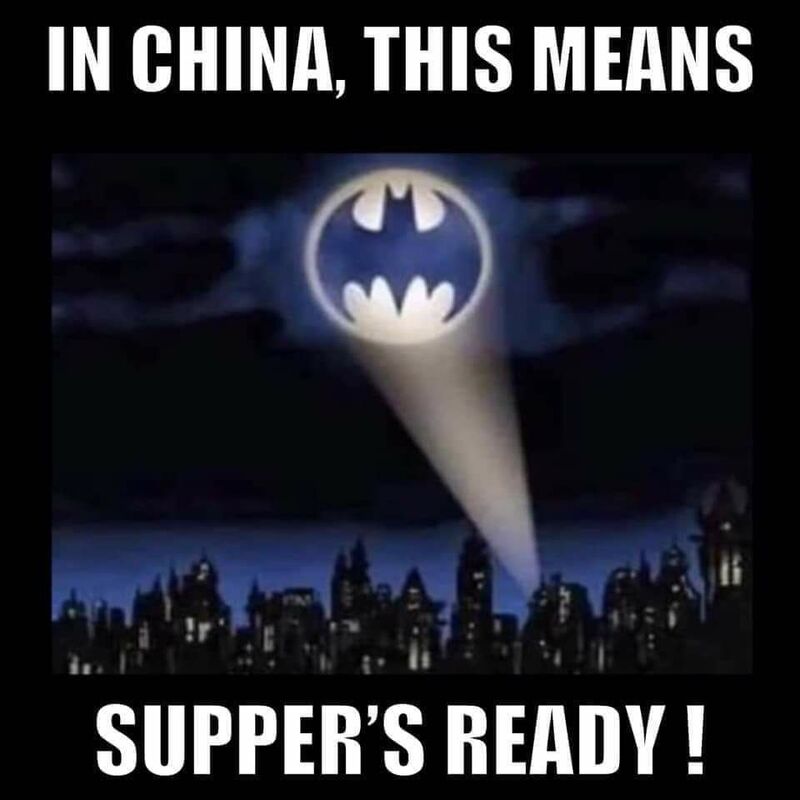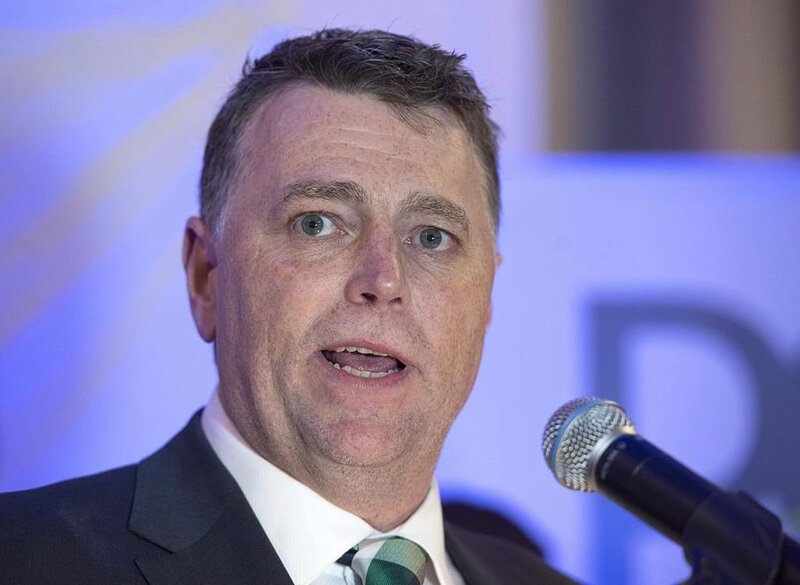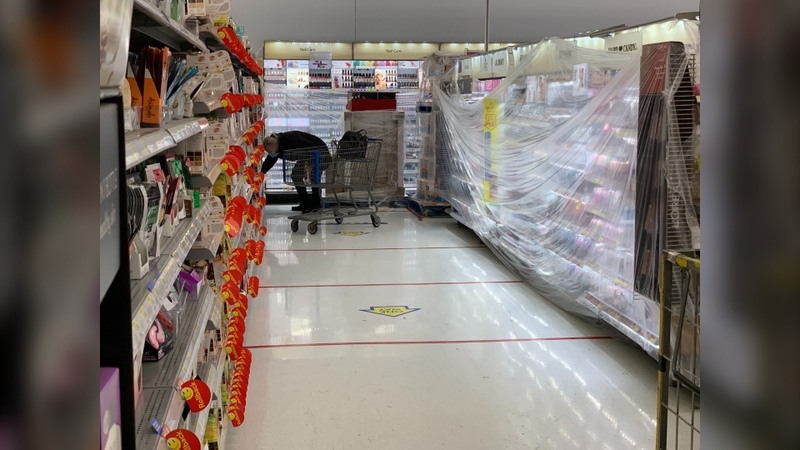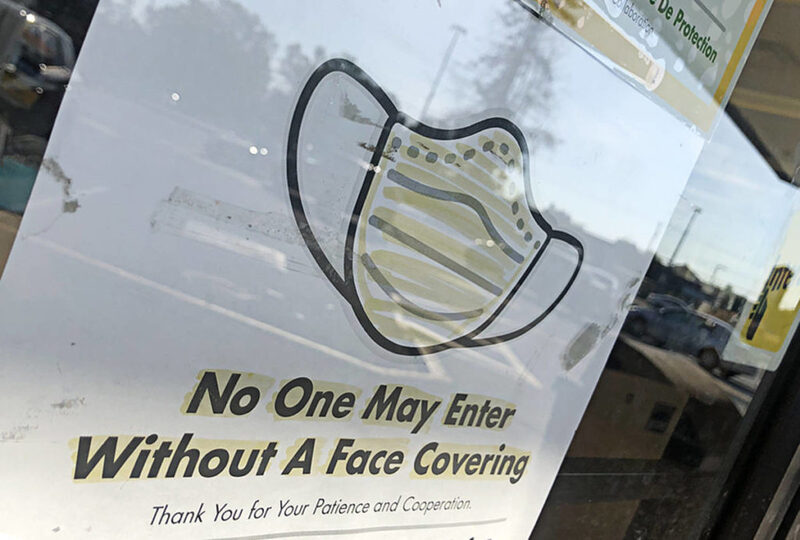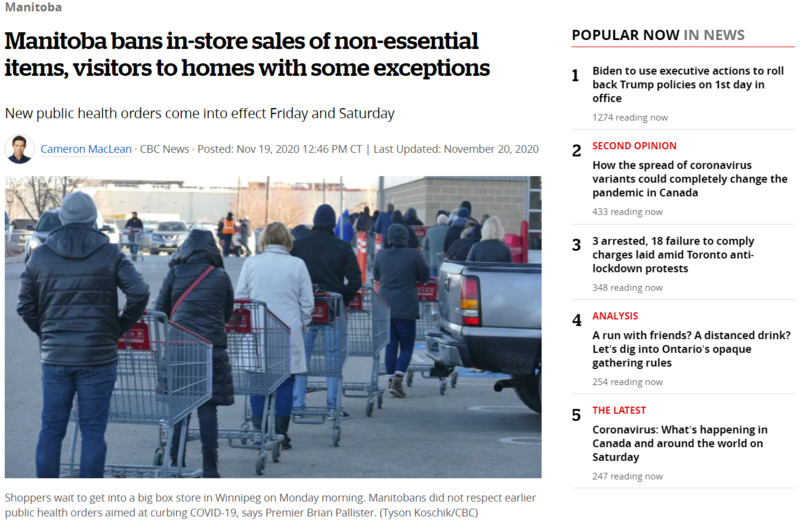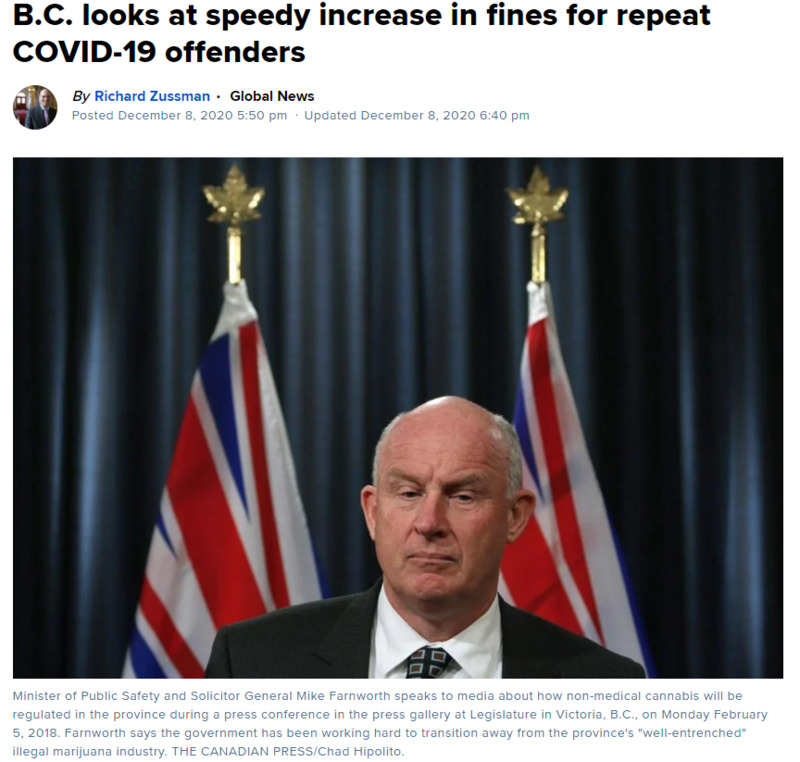We’re Doing This for This: Government Statements
North
The remoteness of northern Canadian communities worsens historic inequities in funding, healthcare, housing, and policy. Home to many First Nations, Inuit, and Metis groups, residents of northern Canada faced marginalization and adversity as COVID-19 spread.
The lack of proper funding and medical infrastructure like hospitals, healthcare workers, and equipment contributed to several COVID-19 breakouts in rural Nunavut communities. In November 2020, New Democratic Party of Canada (NDP) leader, Jagmeet Singh, addressed the House of Commons about the crisis. Singh called on Justin Trudeau to provide Nunavut with more funding, personal protective equipment (PPE), and testing resources to ensure equitable support.
The cultural diversity of the northern territories led to the creation of educational materials that included traditional Indigenous knowledge. The pandemic also contributed to an ongoing financial crisis in Nunavut. Nunavut and other territories’ economies rely on tourism, but travel restrictions and the strain of national deficits have worsened debt. Nunavut’s finance minister predicted this to be the largest deficit in Nunavut’s history.
Central
Jagmeet Singh used Twitter to advocate for Motion M-43. This motion promoted a wealth tax on Canadians making more than $20 million annually, to fix the deficit created by the pandemic. The government projected that 13,800 families would pay the tax, generating $5.6 billion for 2020-2021. Almost every non-NDP Member of Parliament voted against the motion shortly after this tweet was made.
By the end of 2020 in Ontario, cases skyrocketed and the province was once again forced into lockdown, meaning all non-essential businesses were to be closed to the public while stay-at-home orders were placed. Ontario Premier Doug Ford hoped to re-open as soon as possible. However, as cases continued to increase, and the death toll surpassed 20,000, Canadians believed the government was too eager to re-open the economy.
Quebec was the first province to impose a curfew to stop a second wave of the pandemic. The 8:00 P.M. to 5:00 A.M. curfew ensured non-essential businesses were closed during the allotted hours. Violators faced fines ranging from $1000-6000. Quebec Premier François Legault justified his decision in dire terms: “We’re in a race against the clock… The virus is going faster than we are and to slow it down we need a shock treatment.”
East
Atlantic Canadians are often depicted as warm, welcoming, and friendly, but COVID-19 exposed and amplified the region’s meaner side. The Nova Scotia government reminded residents to be watchful against anti-Asian sentiments, which soared at the beginning of the pandemic. Prince Edward Island (P.E.I) premier Dennis King prompted residents to warmly welcome visitors to P.E.I.
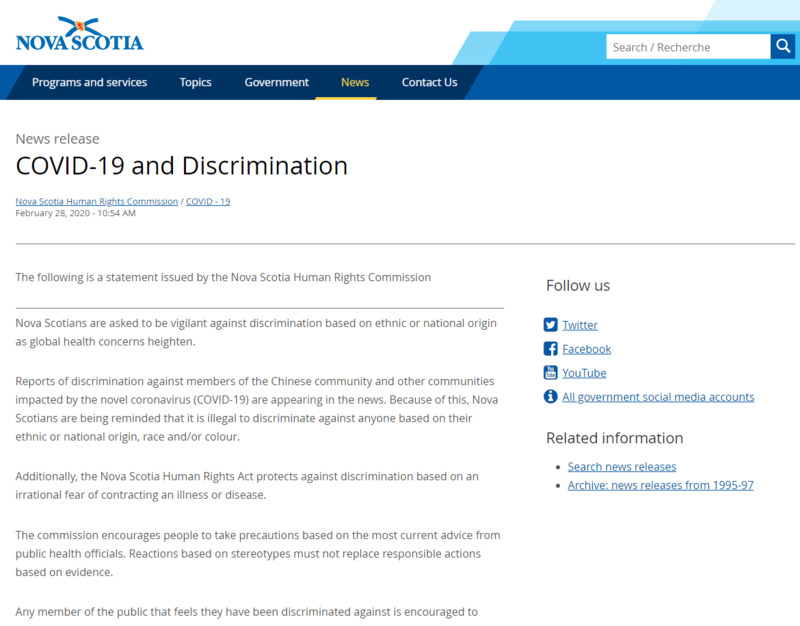
The Nova Scotia Human Rights Commission reminded residents that discrimination based on race or ethnicity is illegal.
West
In late 2020, Manitoba suffered the highest case numbers in Canada. This led the provincial government to ban the sale of non-essential goods, and cap gathering restrictions at 25% of a store's capacity, and no visitors at all for private functions. The government hoped these tighter restrictions would stem the tide of positive cases.
Manitoba Premier Brian Pallister implemented this as a month-long ban, but urged consumers not to run out to stores and make large purchases of non-essentials before the ban went into effect. Pallister’s orders were a sign to continue sheltering-in-place, interacting with a limited number of people, under greater threats of higher fines for individuals and businesses that failed to comply.
In December 2020, British Columbia (B.C.) Public Safety Minister Mike Farnworth urged the provincial government to increase fines for COVID-19 law breakers and emphasized the severity of the pandemic. Multiple religious gatherings had caused a drastic increase in cases. The province worked with a respected Jewish scholar to convince other faith leaders to protect their communities. Farnworth stated that the province should work to educate the population on how to morally comply, but also charge offenders.

